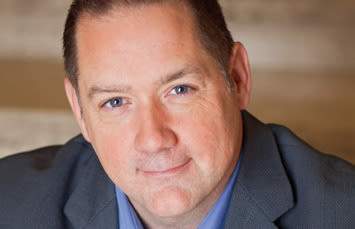30 seconds with… Richard Settersten

Image: Chris Becerra
Living at home, marrying late... your book argues these trends can be good. Why?
People who amass resources in their 20s, even if that means not leaving home for a while, tend to do well. Jumping out of the gate too quickly can have devastating results.
These phenomena get lots of negative coverage. Is the media wrong?
You see a lot of concern about “hooking up,” for example. But people aren’t abandoning marriage, just delaying it. And, incidentally, they’re also worried about divorce, because they’re products of it. Taking more time to figure relationships out is a good thing.
But half of all 18-to-24-year-olds still live in their childhood bedrooms. How is that not horrifying?
That trend’s key driver is higher education. Education takes time, especially professional degrees. A knowledge economy means just about everyone needs higher education. So what else would you want?
Are we too obsessed with leaving the nest?
Leaving home traditionally signals independence. As the links between the concepts weaken, it leaves us uneasy. But those links were tied to the postwar model of life.
Yes, you say baby boomers were an anomaly.
That’s a shock to many people. Traditionally, people lived at home until marriage. Baby boomers left home early, but also married and had kids early. The old scripts don’t apply anymore.
What changed?
Manufacturing jobs allowed young people who weren’t college bound to be independent. Today’s service sector doesn’t do that. The knowledge economy does, but demands more preparation.
How does society need to shift, then?
The trick is to fill these years with meaningful experiences for everyone. Take community colleges. As one of our colleagues says, isn’t it ironic that elite universities wrap our best-prepared youth in support, while community college kids don’t receive anything comparable? We could do a lot to rethink community colleges.
Richard Settersten appears at Powell’s City of Books (1005 W Burnside St) on Jan 12 at 7:30.



